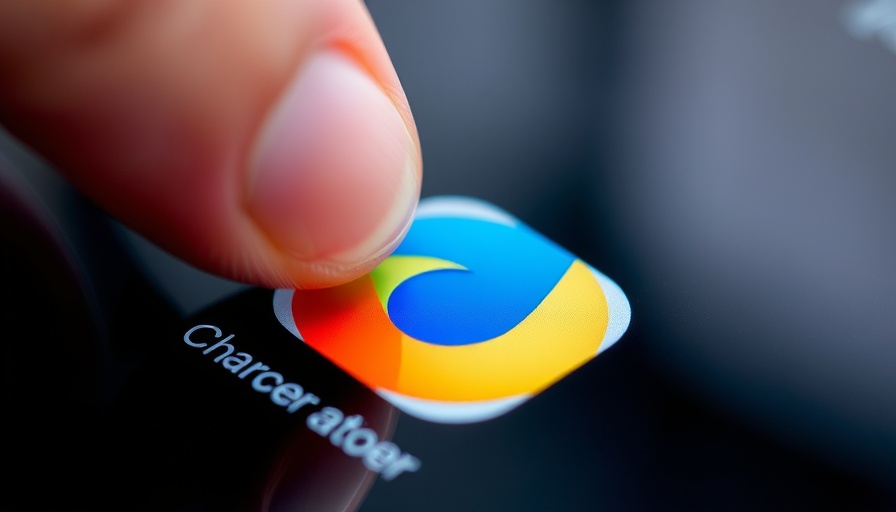
AI in Therapy: A New Frontier but a Troubling Secret
It's becoming more common for therapists to use AI tools without their clients' knowledge. Take Declan, for example. During a session, a glitch revealed that his therapist was consulting ChatGPT for responses while they talked. This mix-up opened a window into a rising trend: many therapists are using AI to help guide their sessions. While technology has its advantages—like providing immediate information—clients are understandably concerned about their privacy and trust. How do you feel knowing your therapist might not solely rely on their expertise?
AirPods as Hearing Aids: An Affordable Solution?
In another exciting advancement, Apple’s decision to offer hearing-aid software for AirPods Pro can be life-changing for many. Previously, hearing aids were often expensive, costing around $2,000. Apple has changed the game by creating a device that could potentially serve as an effective hearing aid for just $200. This accessibility might open doors for many individuals who need assistance but couldn't afford traditional hearing aids. How does this shift in accessibility impact your view on health technology?
The Future of AI and Healthcare
As small and medium-sized businesses begin implementing AI technologies, understanding the balance between innovation and maintaining human connections is crucial. Whether in therapy or healthcare settings, utilizing AI can enhance efficiency but should always prioritize personal relationships. Similar to how AirPods can democratize hearing aids, how might AI integrate into your business practices while preserving trust with your customers?
 Add Row
Add Row  Add
Add 










Write A Comment